When you’re shipping cargo from India to the USA via ocean freight, understanding costs is critical. One cost that often sparks curiosity and sometimes confusion is the Operational Recovery Surcharge (OCR). But what exactly is it?
ORS is a fee applied by shipping lines to recover operational costs linked to unexpected disruptions. Think of it as a buffer against factors like port congestion, fuel price fluctuations, or delays caused by labor strikes. Introduced as a response to growing complexities in global shipping, ORS charges ensure carriers can maintain consistent service levels despite these challenges.
While shipping from India to the USA, ORS charges can significantly impact your logistics budget, making it essential to know their purpose and how they’re calculated. This article breaks down everything you need to know, helping you better navigate these charges and plan your shipping expenses effectively.
Components of Operational Recovery Surcharge (ORS) Charges
Understanding the components of ORS charges is crucial for managing your shipping expenses effectively. Here’s a detailed breakdown of what makes up these charges and how they differ from other fees in the shipping industry.
1. Breakdown of Costs Included in ORS
ORS charges encompass various costs incurred by shipping lines due to operational challenges. These typically include:
- Port Congestion Fees: Costs arising from delays at overcrowded ports.
- Fuel Adjustments: Fluctuating fuel prices can significantly impact shipping operations, and ORS helps offset these increases.
- Equipment Handling: Expenses related to maintaining and moving containers to ensure timely delivery.
- Administrative Overheads: Costs incurred from additional paperwork, compliance, or unexpected labor requirements.
Each of these components is aimed at covering unpredictable disruptions that carriers face during transit.
2. Factors Contributing to the Variability of ORS Costs
ORS charges are not fixed and can vary depending on several factors, such as:
- Geopolitical Events: Trade restrictions, sanctions, or conflicts can increase operational costs.
- Seasonal Demand: High shipping seasons often lead to increased congestion and resource usage, raising ORS charges.
- Regional Port Efficiency: Some ports experience more delays or inefficiencies, impacting ORS rates for specific routes.
- Environmental Regulations: Compliance with evolving environmental standards, like low-sulfur fuel requirements, may add to the surcharge.
3. Distinction Between ORS and Other Surcharges in Shipping
ORS is often confused with other surcharges, but it serves a distinct purpose:
- Fuel Surcharges: These specifically address fuel price volatility, while ORS covers a broader range of operational challenges.
- Peak Season Surcharges (PSS): PSS is applied during high-demand periods, unlike ORS, which can be applied year-round.
- Terminal Handling Charges (THC): THC covers costs at the port of loading or unloading, whereas ORS focuses on systemic disruptions across the shipping journey.
By understanding these distinctions and the factors influencing ORS charges, you can better anticipate and plan for these costs in your shipping operations.
Calculation of ORS Charges
The calculation of Operational Recovery Surcharge (ORS) charges may seem complex, but understanding the basic principles can help you plan your shipping costs more effectively. Let’s break it down into manageable components.
While there isn’t a universal formula for ORS charges, most shipping lines calculate them based on:
- Base Cost Estimates: Operational costs like fuel, port fees, and administrative expenses are factored in.
- Disruption Analysis: Costs associated with specific challenges like port delays or labor strikes are added.
- Weight and Volume of Cargo: Heavier or bulkier cargo typically incurs higher ORS charges.
Shipping companies often use dynamic pricing models that reflect real-time changes in these variables.
Impact of Shipping Routes and Distances on ORS Calculations
The route and distance your cargo travels can significantly influence ORS charges:
- Longer Routes: Routes covering greater distances naturally incur higher operational costs, including fuel and handling fees.
- Congestion at Key Ports: Shipping routes passing through highly congested or less efficient ports are likely to face increased ORS charges.
- Regional Disruptions: For example, shipping from India to the USA may encounter varying ORS costs depending on whether your cargo passes through transshipment hubs in the Middle East or Southeast Asia.
3. Influence of Shipping Volume and Cargo Type on ORS
Shipping lines often adjust ORS rates based on the size and nature of your shipment:
- Volume Discounts: Larger shipment volumes may benefit from lower per-unit ORS charges due to economies of scale.
- Cargo Type: Certain cargo, like refrigerated or hazardous goods, requires specialized handling and equipment, which can lead to higher ORS fees.
- Container Utilization: Full-container-load (FCL) shipping generally has a more predictable ORS cost compared to less-than-container-load (LCL), where shared container usage might introduce additional fees.
Implementation of ORS Charges by Shipping Companies
Navigating the complexities of Operational Recovery Surcharge (ORS) charges is essential for shippers like you, especially when transporting cargo from India to the USA. Here’s how shipping companies typically implement these surcharges:
1. Processes for Applying ORS Charges
Shipping lines introduce ORS charges to offset unexpected operational costs. The process generally involves:
- Assessment of Operational Challenges: Identifying disruptions such as port congestion, geopolitical tensions, or natural disasters that increase operational expenses.
- Calculation of Surcharge: Quantifying additional costs and determining a per-container fee to distribute these expenses equitably among shipments.
- Implementation and Notification: Officially announcing the surcharge and informing customers through advisories, ensuring they are aware of the additional fees.
For instance, top shipping lines introduced an Operational Cost Recovery Surcharge (OCR) for shipments between North America and the Indian Subcontinent & Middle East, effective January 22, 2024. This surcharge applies to all containers and cargo types until further notice.
2. Communication and Transparency in ORS Billing
Clear communication is vital for maintaining trust with customers. Shipping companies strive to:
- Advance Notice: Provide timely advisories about upcoming ORS charges, allowing you to plan your logistics and budgets accordingly.
- Detailed Invoicing: Clearly itemize ORS charges on invoices, specifying the reasons and calculations behind the surcharge.
- Customer Support: Offer channels for inquiries, ensuring you can seek clarification and understand the implications of these charges on your shipments.
3. Adjustments and Updates in ORS Application
ORS charges are dynamic and may be adjusted based on changing operational conditions. Shipping companies typically:
- Regular Monitoring: Continuously assess the factors contributing to operational disruptions to determine the necessity and amount of ORS charges.
- Adjustments: Modify or remove surcharges in response to improvements or escalations in operational challenges.
- Customer Advisories: Issue updates regarding any changes to ORS charges, ensuring you remain informed about the latest developments.
For instance, the premium shipping line Hapag-Lloyd updated its OCR for shipments from North America East & Gulf Coast, effective February 16, 2024, adjusting the surcharge to USD 150 per 20’ container.
Looking for a partner who simplifies your shipping process, including ORS charges? Intoglo offers a seamless logistics experience from India to the USA with services tailored to your needs. From door-to-door pickups and hassle-free customs clearance to end-to-end tracking and transparent quotations, we handle it all. With PAN India pickups in 24 hours, contracts with major shipping lines, and real-time updates on WhatsApp, Intoglo ensures smooth cargo transport from India to the USA.
Start shipping smarter—Get in touch with Intoglo today and let us streamline your logistics journey!
Challenges and Criticisms of ORS Charges
While Operational Recovery Surcharge (ORS) charges serve an essential purpose in maintaining smooth shipping operations, they are not without their share of challenges, criticisms, and legal concerns. Let’s delve into these issues:
1. Lack of Standardization
ORS charges lack a universal calculation framework, leading to inconsistency:
- Varying Criteria: Shipping lines use diverse methodologies to calculate ORS, resulting in inconsistent charges for similar shipments.
- Budgeting Issues: For shippers, this unpredictability complicates cost forecasting, especially in high-frequency shipping.
2. Limited Transparency
Transparency remains a significant concern with ORS charges:
- Opaque Calculations: Shippers are often provided limited or no breakdown of how ORS charges are derived.
- Late Notifications: Shipping lines sometimes announce ORS changes with insufficient notice, leaving shippers scrambling to adjust budgets.
3. Disproportionate Impact on Smaller Shippers
Smaller shippers face unique disadvantages with ORS fees:
- Higher Per-Unit Costs: Smaller shipments feel the impact of ORS charges more acutely compared to bulk shipping.
- Limited Bargaining Power: Smaller businesses often cannot negotiate reduced surcharges like larger corporations can.
4. Overlapping Surcharges
Shippers often encounter multiple surcharges simultaneously:
- Fee Redundancy: With ORS charges layered on top of fees like Peak Season Surcharges or Fuel Adjustments, the total costs can appear excessive.
- Customer Frustration: The perception of “hidden costs” erodes trust in shipping carriers.
5. Geographic and Economic Inequities
Certain regions and trade routes are more vulnerable to ORS charges:
- Regional Disparities: Countries with port inefficiencies or regulatory hurdles often incur higher ORS fees.
- Economic Pressures: Trade routes like India-to-USA, where profit margins are tight, feel the impact of these surcharges most heavily.
6. Legal and Regulatory Concerns
The imposition and application of ORS charges often raise legal and regulatory questions:
- Compliance with Trade Laws: Inconsistent ORS charges may lead to scrutiny under international trade regulations, particularly in cross-border shipping.
- Unfair Practices: There is ongoing debate about whether ORS fees constitute “unfair charges,” especially when shippers feel they are inadequately explained or justified.
- Government Oversight: In some jurisdictions, regulatory bodies have begun investigating the transparency and fairness of surcharges like ORS. Shippers can expect increasing oversight in the years to come.
- Contractual Ambiguities: Vague terms in contracts regarding surcharges can lead to disputes between shippers and carriers, requiring legal intervention.
7. Resistance from Shippers
ORS charges often face criticism and resistance from the shipping community:
- Perceived Cost Burden: Many shippers see ORS as an additional and often unwarranted expense.
- Demand for Accountability: Shippers are calling for clear, data-backed justifications for ORS rates to improve trust and collaboration.
The Future of ORS Charges in Shipping
Operational Recovery Surcharge (ORS) charges will likely continue to evolve as the shipping industry adapts to changing market dynamics, technology, and regulatory landscapes. Here’s a look at the key trends and developments shaping the future of ORS charges:
1. Trends Influencing the Evolution of ORS Charges
Global and industry-specific trends are expected to reshape how ORS charges are applied:
- Increased Supply Chain Volatility: Rising geopolitical tensions, trade wars, and climate-induced disruptions will likely lead to more frequent ORS adjustments.
- Sustainability Prioritization: With stricter environmental regulations, ORS may increasingly reflect green initiatives, such as compliance with low-sulfur fuel mandates or carbon offset programs.
- Port Automation and Efficiency: Investments in smart ports and automation could reduce port-related inefficiencies, potentially lowering ORS charges for certain routes.
- Economic Shifts: Emerging markets and evolving trade routes (e.g., shifts due to the China+1 strategy) could influence ORS costs based on regional challenges and opportunities.
Also premium shipping companies have implemented surcharges related to the Red Sea region to offset increased operational costs due to disruptions. These surcharges are similar in nature to Operational Recovery Surcharges (ORS), as they aim to recover additional expenses incurred from unforeseen events.
2. Technological Advancements Impacting ORS Calculations
Technology is poised to transform how ORS charges are calculated and communicated:
- Big Data and Predictive Analytics: Shipping lines are increasingly using data analytics to predict operational disruptions and fine-tune ORS charges. For example, real-time monitoring of port congestion or weather conditions allows for more precise surcharge adjustments.
- AI and Machine Learning: Advanced algorithms can analyze historical data to optimize ORS pricing models, ensuring charges are fair and reflective of actual conditions.
- Blockchain Technology: Blockchain-enabled transparency in shipping transactions could lead to clearer explanations of ORS charges, fostering greater trust between shippers and carriers.
- Digital Platforms: Enhanced customer portals with real-time updates and detailed cost breakdowns can simplify ORS management for shippers, providing greater visibility into charges.
3. Potential Reforms in ORS Policy and Regulation
Regulatory bodies and industry organizations are likely to push for reforms to address the challenges associated with ORS charges:
- Standardization Efforts: There may be calls for global guidelines on calculating ORS charges, ensuring consistency across shipping lines and regions.
- Transparency Mandates: Governments and industry groups could require carriers to provide detailed breakdowns of ORS fees, reducing ambiguity and fostering accountability.
- Dispute Resolution Frameworks: Formal mechanisms may be introduced to resolve disagreements between shippers and carriers over ORS charges.
- Sustainability-Driven Policies: Regulatory shifts toward decarbonization and eco-friendly shipping practices could influence how ORS charges are structured, with incentives for adopting greener solutions.
Conclusion
Operational Recovery Surcharge (ORS) charges are a critical mechanism in the shipping industry, helping carriers manage unexpected disruptions. However, their variability and lack of transparency can pose challenges for shippers. By staying informed about the dynamics of ORS charges and leveraging reliable logistics partners, you can mitigate costs and streamline operations. As technology and regulations evolve, the future of ORS charges promises more predictability and fairness, creating opportunities for efficient shipping.
Get a seamless logistics partner with no hidden cost. Intoglo is a door-to-door cross-border logistics provider specializing in the India-to-USA trade lane. Unlike consultants or marketplaces, Intoglo works directly with shipping lines, truckers, and customs brokers, eliminating unnecessary layers that cause delays and extra charges.
Why Choose Intoglo?
- No Hidden Charges: Transparent quotations with detailed cost breakdowns and clear terms & conditions.
- Global Team Support: Dedicated teams in India and the USA to address your queries in real-time.
- Instant Rates: Get quick quotes for full container loads tailored to the India-to-USA trade lane.
- Extensive Warehouse Network: Access 50+ warehouses across the USA for efficient storage and distribution.
- End-to-End Shipment Visibility: Stay updated with Glotrack—our tracking module offering real-time updates via WhatsApp and centralized shipment management.
- Diverse Clientele: Serving MSMEs, D2C brands, and large enterprises, we cater to first-time exporters and seasoned businesses alike.
Simplify your logistics with Intoglo—your trusted partner for hassle-free shipping. Get instant FCL shipping quotes from India to the USA.


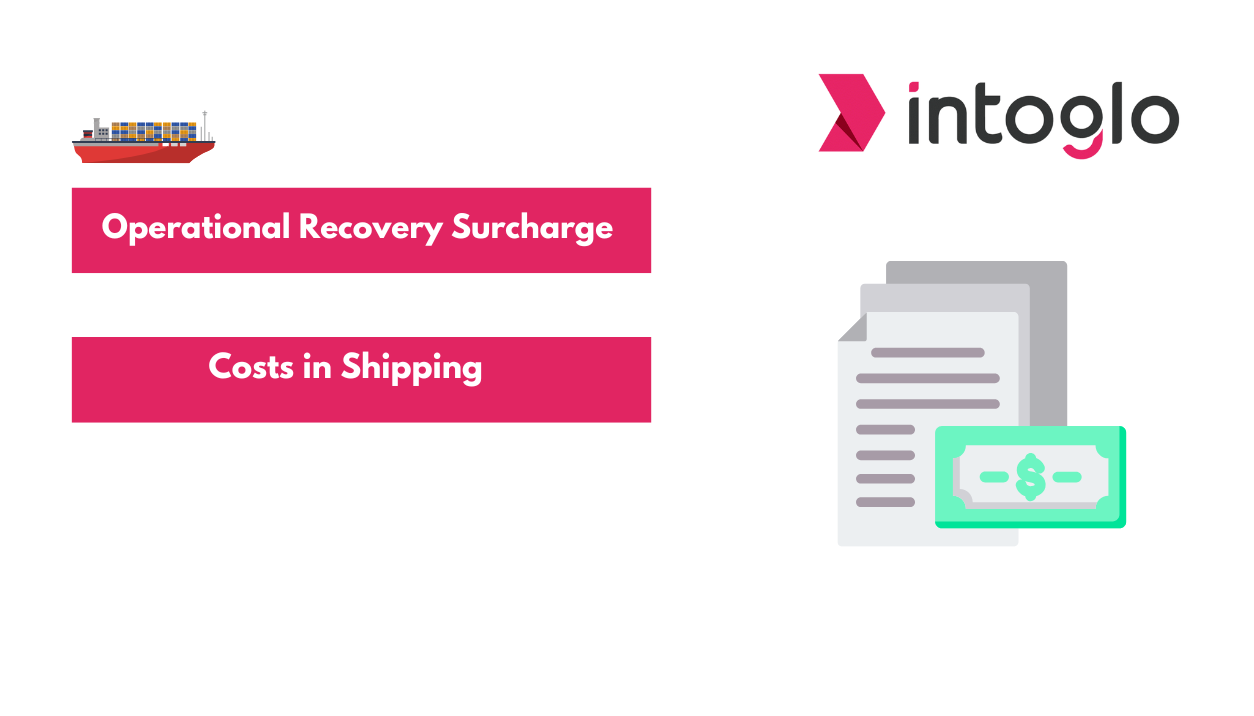


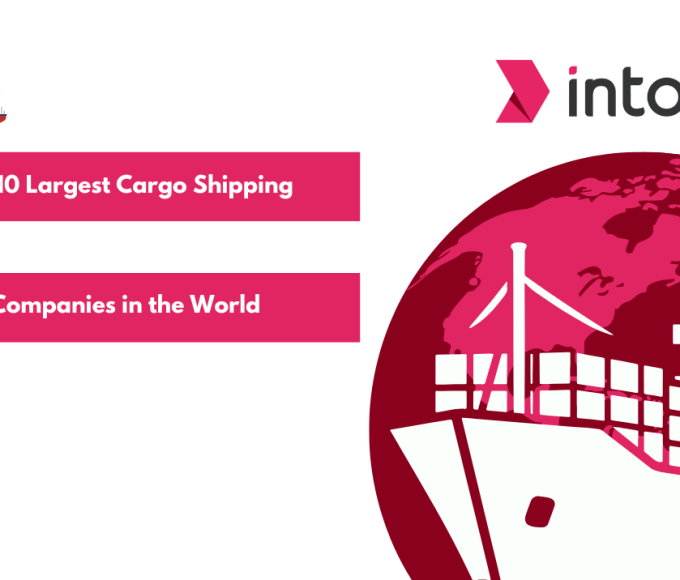
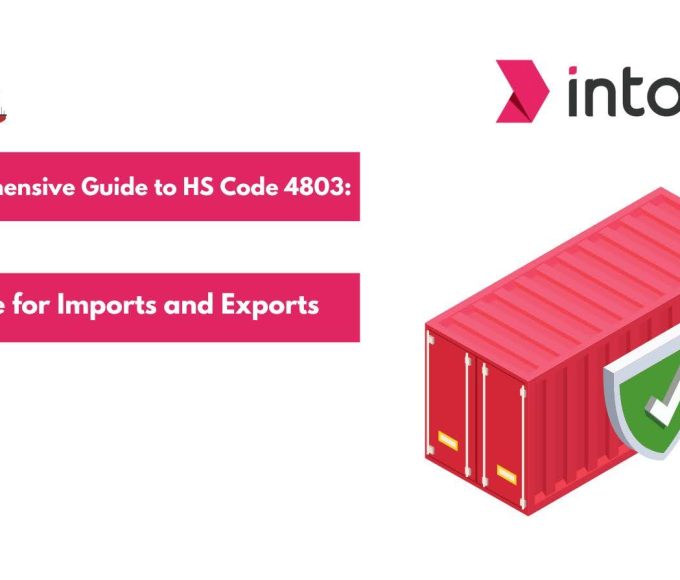
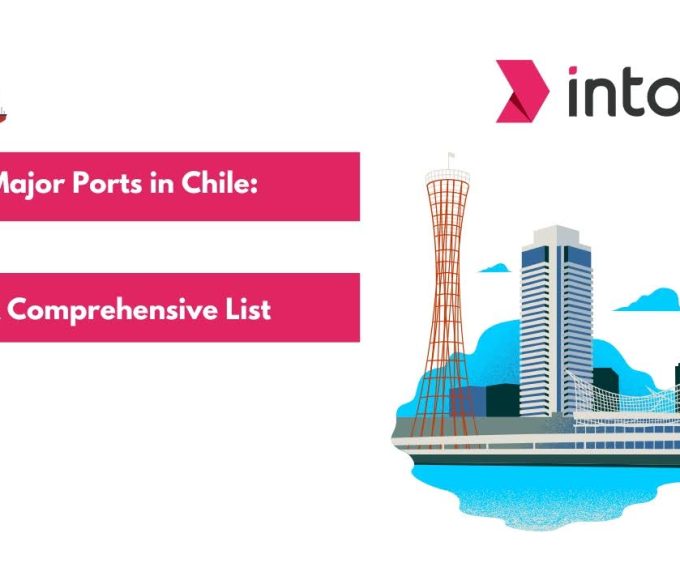
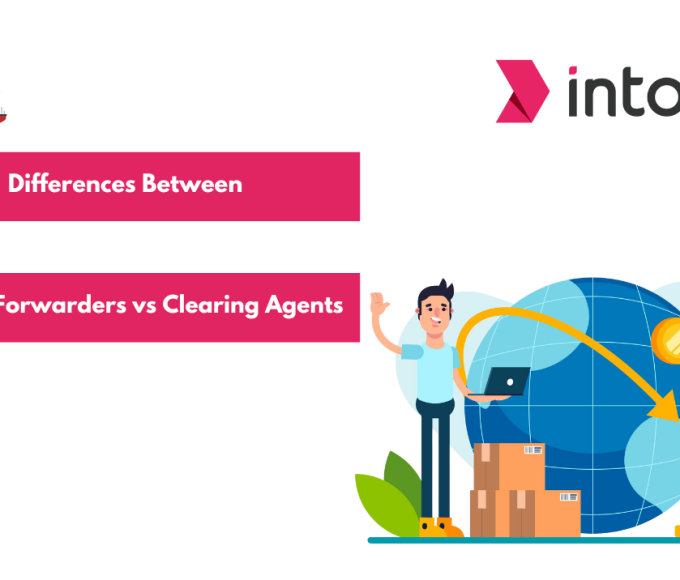
Leave a comment